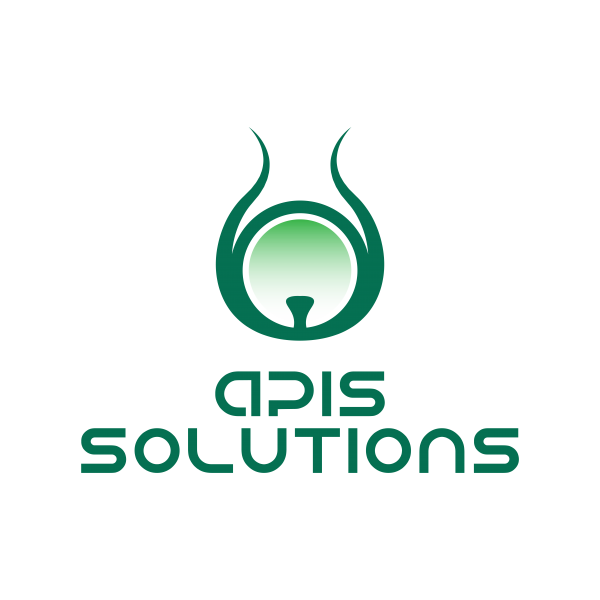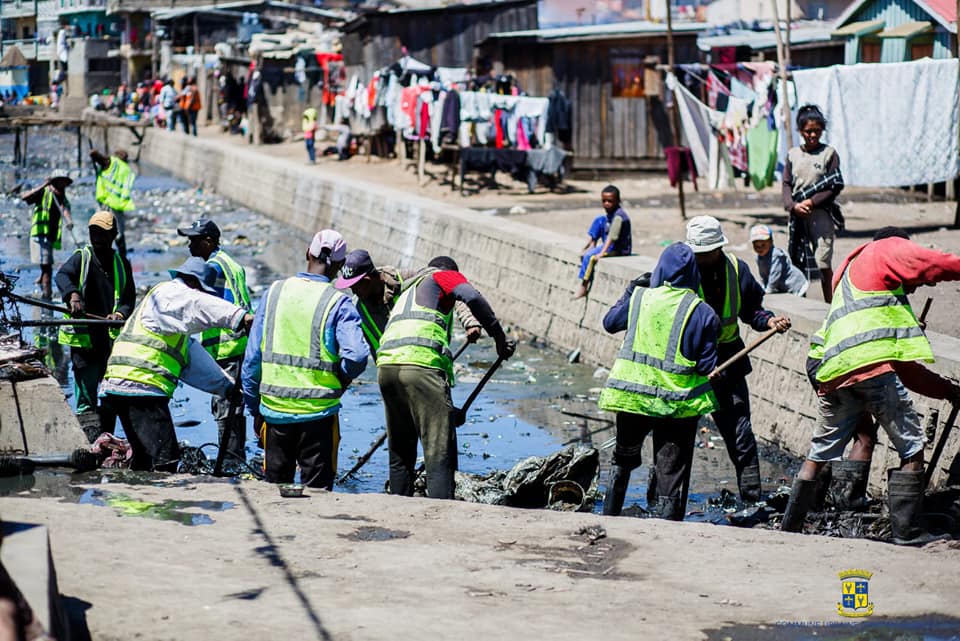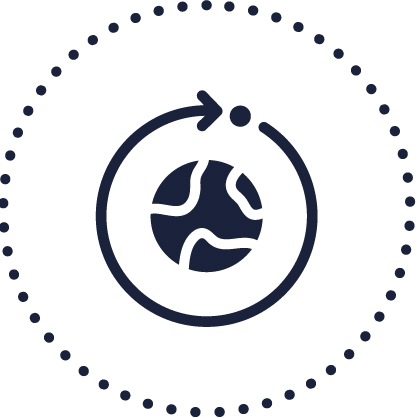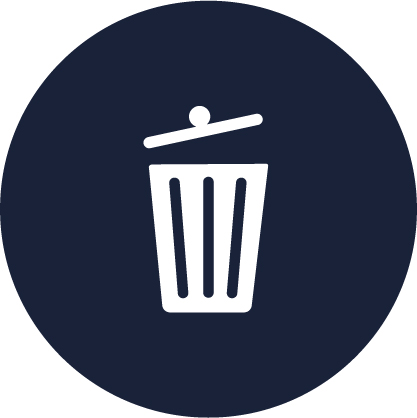
Upgrading waste management in Antananarivo Madagascar
APIS SOLUTIONS SAS is a consortium company created in December 2020 by five French specialized actors: an integrated approach to respond to emergencies and complex situations in the waste treatment and recovery sector in Africa.


Overview of the project
Operational since January 2020, the municipal team of the CUA (Communauté Urbaine d’Antananarivo) is committed to cleaning up Antananarivo, and making it a “green city”. It has decided to improve and modernise the public waste service concession. To this end, it signed a public-private partnership agreement with APIS in early December 2020.
The APIS initiative consists of capacity building and modernisation of the waste management and recovery system, including:
- Integrated management of the value chain (from pre-collection/sorting at source, upstream, to waste recovery and rehabilitation of uncontrolled landfill, downstream)
- Recovery of biogas and compost that generates recurrent revenues to help cover the system’s operating costs, amortize investments and thus ensure the sustainability of waste management
- A generation of monetisable carbon credits to finance part of the operating cost thanks to the avoidance of GHG emissions
The project proposed by APIS is based on major structuring principles:
- An economically and financially pragmatic choice of recovery technology, adapted to the city’s financial capacities
- A legal and financial structure in the form of a concessive PPP that combines the local roots, the mission and the authority of the Malagasy public sector (the Commune) with the technical expertise, the ability to mobilise funds and skills, and the managerial and organisational capacity of a private international consortium
- APIS favours the use of biogas and compost, given the country’s energy balance, which calls for a substitution to the massive use of wood energy and charcoal for industry and cooking (with dramatic effects on forest cover) and given the input needs of agriculture. In addition, a sharply increased supply of electricity is expected in the next five years due to the hydroelectric dams under construction, making electricity generation from waste uncompetitive and redundant
Increasing the capacities of the pre-collection, collection, and waste sorting all the way to waste recovery, and landfill rehabilitation.
Ongoing research
01/12/2020 "Projet toujours en cours"
- The volume of municipal waste to be treated is 1,500 tonnes/day, i.e. just under 400,000 tonnes/year, of which about two-thirds is organic and green waste and the collection rate is 60%
- The final landfill covers a total area of about 18 ha, with a height of more than 30 m and a total volume of waste accumulated since 1956 estimated at about 2.5 million tonnes
- The initiative aims to ensure a 100% collection rate of urban waste, a sanitation of the landfill by laying geomembrane, drainage and methane gas capture, and a rehabilitation of the site into a green space and urban development area, a recovery of organic and green waste into methane gas (15,000 tons/year eventually), and composts (40,000 tons/year eventually)
- The Project is likely to generate reductions of around 70,000 Te/CO2 per year, eligible for the emission and sale of carbon credits on the voluntary market
The project allows :
- Better urban governance through technical upgrading and improved performance of the waste management system
- Cleanliness and greening of the city in line with environmental standards (reduction of greenhouse gas emissions, deforestation), and health standards (reduction of health risks), which will improve the well-being of its inhabitants (1.5 million)
- Social inclusion and gender promotion: creation of formal jobs, and inclusion of the poor population (ragpickers, mainly youth and women)
- Prosperity and innovation: Introduction of new technologies (transformation of waste into biogas and green fertilisers), and an innovative approach (responsible landfill transformation and circular economy)
In addition to APIS SOLUTIONS' in-kind and industrial contributions, through financing raised from equity investors, the project is financed by lenders (development financial institutions) and grants from international organisations
organisation

APIS SOLUTIONS SAS is a consortium company created in December 2020 by five specialized French actors: two research and financial structuring firms (MYA Partners and Arborescence Capital), and three SMEs in the waste value chain: Adonis Environnement (collection and treatment of special waste), Kertalg (waste methanisation) and Gregori International (management and transformation of landfills).
The consortium is building an integrated approach, based on the capacity of its members to react with the reactivity, agility and creativity required to respond to emergencies, complex situations, and ESG expectations in the waste treatment and recovery sector in Africa, applying the principles of the circular economy. It has made a first offer along these lines in the context of the upgrading of the Antananarivo-Madagascar waste management system.
- Arborescence Capital (structuring and financing)
- MYA Partners (structuring and financing)
- Adonis Environnement (collection and treatment of special waste)
- Ennesys /Kertalg (waste methanisation)
- Gregori International (landfill management and transformation)



